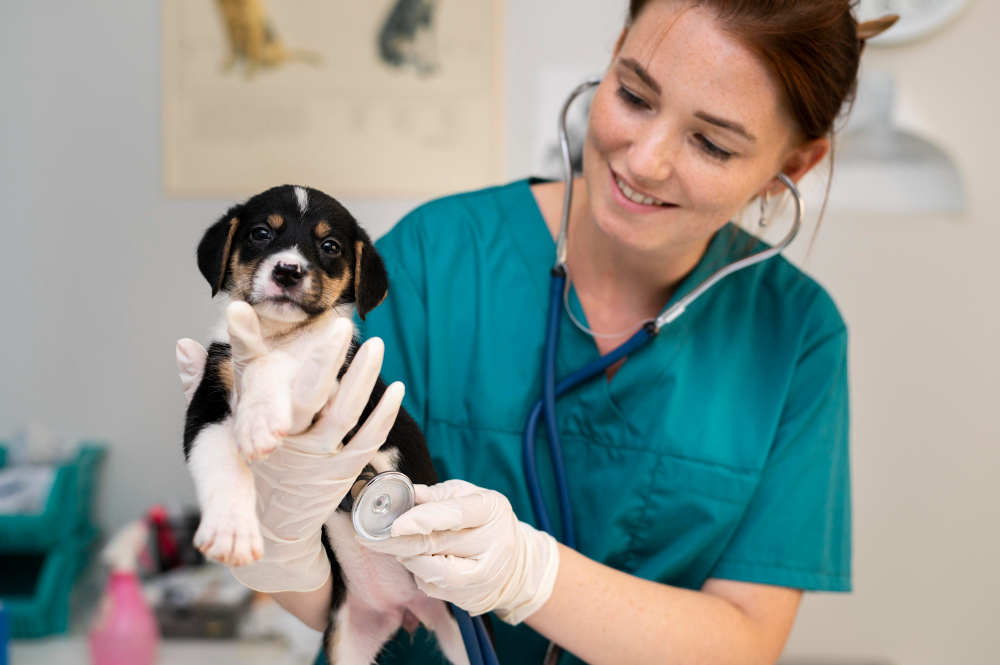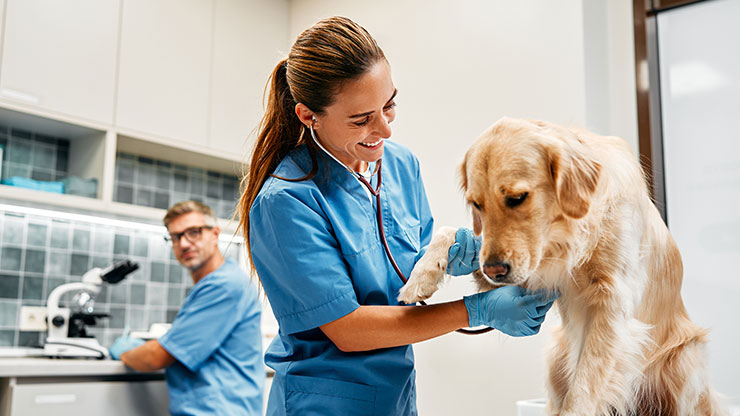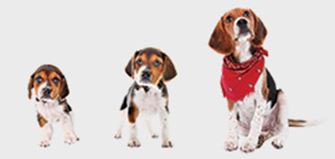![2149100197]()
Is the Future of Spaying/Neutering Changing?
June 13, 2024 Health & NutritionIt’s been a long-held standard by veterinarians that spaying or neutering pets is a non-negotiable responsibility of pet ownership. However, attitudes toward pet sterilization are beginning to change due to emerging research, advances in veterinary medicine, and evolving social attitudes. This article examines the current status of pet sterilization through recent developments and debates. We will also explore alternative methods for population control and how changes in veterinary practices could affect pet health and animal welfare.
Read More![How To Identify And Combat Common Housepests Harmful To Dogs]()
How to Identify and Combat Common Household Pests Harmful to Dogs
June 6, 2024 Health & NutritionBugs and pests are not just a nuisance to us. They are also a potential health risk for our four-legged family members. But which pests should you be worried about, and how do you know what you’re dealing with? Here, we discuss the most common pests found in and around your home that could be harmful to your furry friends.
Read More![Role Of Veterinarians In Preventing And Treating Dog Diseases]()
The Role of Veterinarians in Preventing and Treating Dog Diseases
May 16, 2024 Health & NutritionThe role of veterinarians in a community goes far beyond treating canine diseases; it includes providing essential dog care to promote healthy canine breeds. In this article, we will discuss the importance of veterinary care in more detail.
Read More![Why Essential Oils Spell Trouble For Your Dog]()
Why Essential Oils Spell Trouble for Your Dog
May 2, 2024 Health & NutritionWhile essential oils are a staple in many households for their therapeutic benefits, the truth is they may pose serious risks to our beloved canine companions. Let's explore the lesser-known dangers lurking in those aromatic bottles and learn how they can impact your dog's health and well-being!
Read More![Identifying Stressors]()
Identifying Stressors and Situational Factors in Aggressive Dog Behavior
April 18, 2024 Training & DevelopmentResponsible dog owners take a proactive approach to training and socializing their dogs when they are puppies. This helps puppies be more adaptable to multiple different situations and people they may encounter as they grow. Yet, if you get a dog later in its life who may not have been properly socialized, learning to recognize the triggers of possible aggression and addressing them right away is key to helping a dog best and giving them a better quality of life.
Read More















